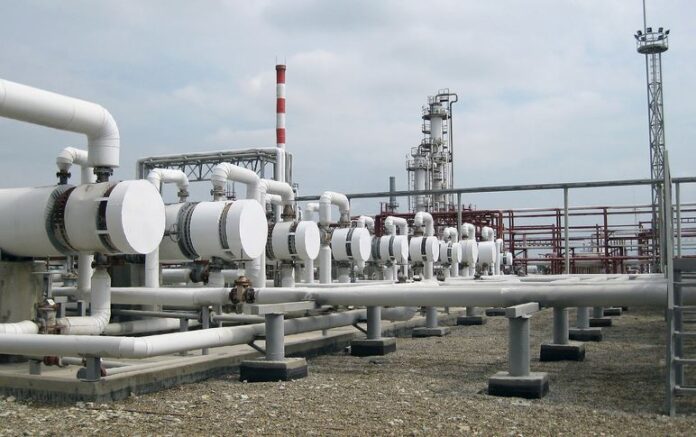The government of Uganda is ready to grow its oil industry by the next decade, encouraging foreign investors to key into the boom.
In 2020, Total Energy acquired the assets of Tullow Oil for $575 million to collaborate with China National Offshore Oil Corporation (CNOOC).
The intention of the acquisition is for the development of the Uganda National Oil Company (UNOC), as well as the Kingfisher field (by CNOOC) and Tilenga oil fields (by Total S.A).
Upon completing this project, there will be employment opportunities for about 10,000 people, among other benefits.
The project will also lift the country’s income status to Upper Middle.
A Peek at the Present State of Ugandan’s Oil Industry after Total’s Takeover
After the acquisition by Total in 2020, Uganda has been accelerating development in the oil and gas industry.
At first, there was an inauguration of the pipeline to export oil from Western Uganda to Tanga’s Indian Ocean Port in Tanzania.
The pipeline amounts to $3.5 billion, covering 1,440kilometers. It is, in fact, the most extensive electricity-heated pipeline in the world.
While Libya and Nigeria are leaders in the African oil industry, the present estimate of Uganda’s barrels of crude oil is 6.5 billion with 1.4 billion recoverable barrels.
The country expects that when the entire operation starts, they will improve to 230,000 barrels. With these efforts in place, they could be the fifth in the Opec region for oil reserves.
Presently, 8% of the stake in the holding company goes to CNOOC, while 15% goes to UNOC and 62% to Total.
Challenges of the Oil Industry in Uganda
The major challenge of Uganda’s oil industry is disapproval from civil society groups as to the harm the pipelines will do to the environment, especially their farms and homes.
Even though the government is compensating individuals of about 14,000 that have lost their lands, most people are not pleased.
According to the Managing Director of East African Crude Oil Pipeline (EACOP) – Martin Tiffen, compensation to everyone the project is affecting before they commence.
They fail to realize that the government’s effort is in line with a global warning to help reduce the effect of fossil fuels.
Another challenge to Uganda’s oil industry is the government’s short deadline. The discovery of oil in Uganda was on the 6th of January, 2006, 15 years ago in the Albertine region, but the government wants everything to be ready for export by 2025.
Views of the Oil and Gas Sector in Uganda
By the third quarter of 2022, the country expects to start developing the pipeline so that by September, the East Africa Crude Oil Pipeline (EACOP) will begin its project development.
UNOC, TotalEnergies, Nigeria PetrolAfrik Energy Resources, and Australian DGR Global resolve to develop oil blocks across Congo and Uganda. On the other hand, Uganda continues to strive to build up its reserves.
President Yoweri Museveni of Uganda expects that CNOOC and TotalEnergies will encourage emerging oil fuel centers by 2025 by producing oil from their fields.
Uganda also expects that the deal with South Sudan fields to produce 60,000 barrels every day will yield significant returns.
If proper plans are put in place, when production starts fully, the oil reserve in Uganda can preserve for up to 30 years and produce about 230,000 barrels daily.
Conclusion
The oil sector in Uganda wants to encourage foreign investment through discoveries and opportunities for exploration.
With this intention, they collaborate with TotalEnergy, which now holds a majority of its stake in the industry.


